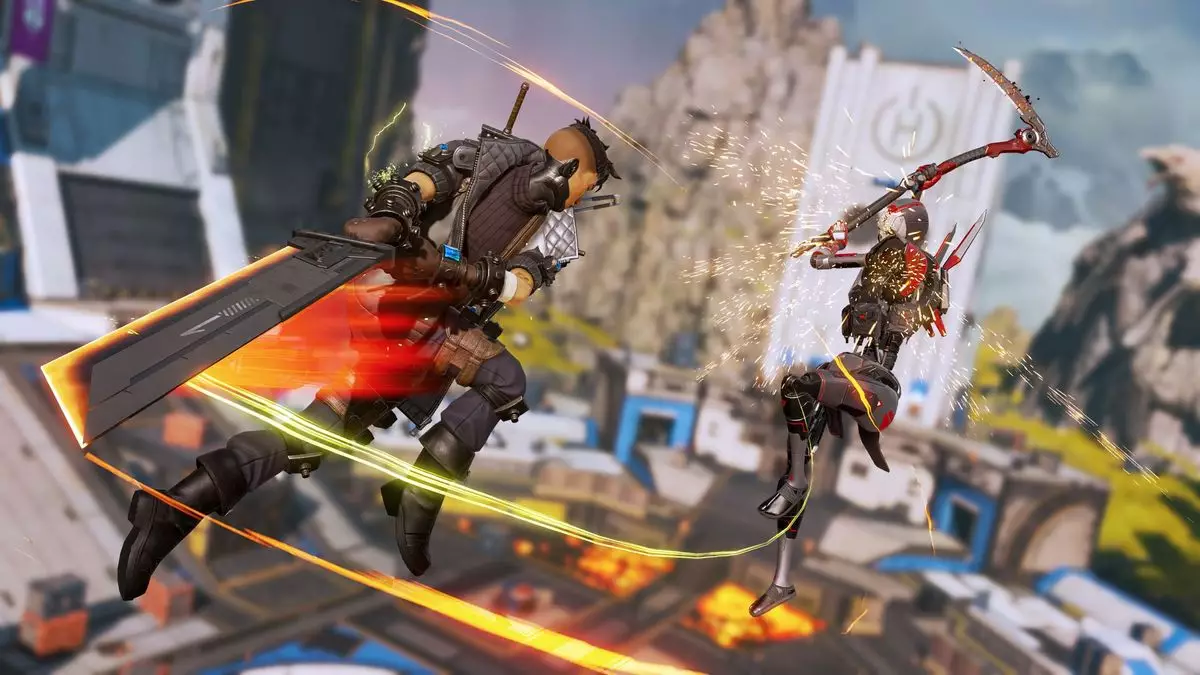In a recent investor call, EA’s CEO Andrew Wilson shed light on the company’s direction regarding Apex Legends, revealing a clear disinterest in developing a sequel to the popular battle royale game. Wilson’s remarks indicate a strong commitment to the game’s existing ecosystem, as he asserted that forcing players to abandon their investments in the current game for a sequel would be detrimental. This perspective aligns with a growing trend in the gaming industry where live service models hold sway over traditional sequel formats, highlighting a shift in how companies envision the evolution of popular titles.
Wilson emphasized that launching a game labeled “Version 2” tends not to yield successful results, citing recent examples such as Overwatch 2 and Counter-Strike 2. These titles have often been characterized more as extensive updates rather than true sequels. This illustrates a broader industry narrative where major overhauls often lead to player dissatisfaction, largely because they require existing players to reassess their commitments and investments. By focusing on incremental updates and improvements—referred to as season-by-season innovations—EA and Respawn aim to retain player loyalty while enhancing the gaming experience gradually.
A significant aspect of Wilson’s discourse revolves around the players’ perceived investments in tools, cosmetics, and progress accrued throughout their time in-game. His assertion that it is counterproductive to place players in a position where they must choose between their hard-earned accomplishments and new game offerings speaks volumes about modern game development. This is particularly crucial in the context of Apex Legends, which has fostered community engagement and loyalty through its continuously evolving gameplay and seasonal updates.
Another factor influencing EA’s strategy is the importance of community reaction. Apex Legends has previously attempted to implement a seasonal strategy overhaul, only to face significant backlash from its player base. The resulting wave of criticism highlighted the risks associated with deviating too far from established gameplay mechanics. This incident underlines the necessity for game developers to actively listen to their community and respond to feedback, creating a more engaging and player-oriented gaming environment.
A Commitment to Continuous Innovation
Wilson reaffirmed that the goal isn’t merely to sustain player engagement but to innovate in a manner that feels organic and seamless. The developers at Respawn are actively exploring ways to enhance player experience without the need for severe disruptions or the daunting prospect of an entirely new game version. This incremental approach promises ongoing improvements while keeping the player community intact, fostering sustained loyalty and ensuring they feel invested in the game’s future.
It seems that Apex Legends is forging a path focused on refining and expanding its existing framework. As the gaming industry evolves, the emphasis on live service models may very well be the future, one that values patience and the player experience over quick turns towards sequels. For fans of Apex Legends, this strategy may just signal a continued journey of growth and excitement within the game they cherish.


Leave a Reply